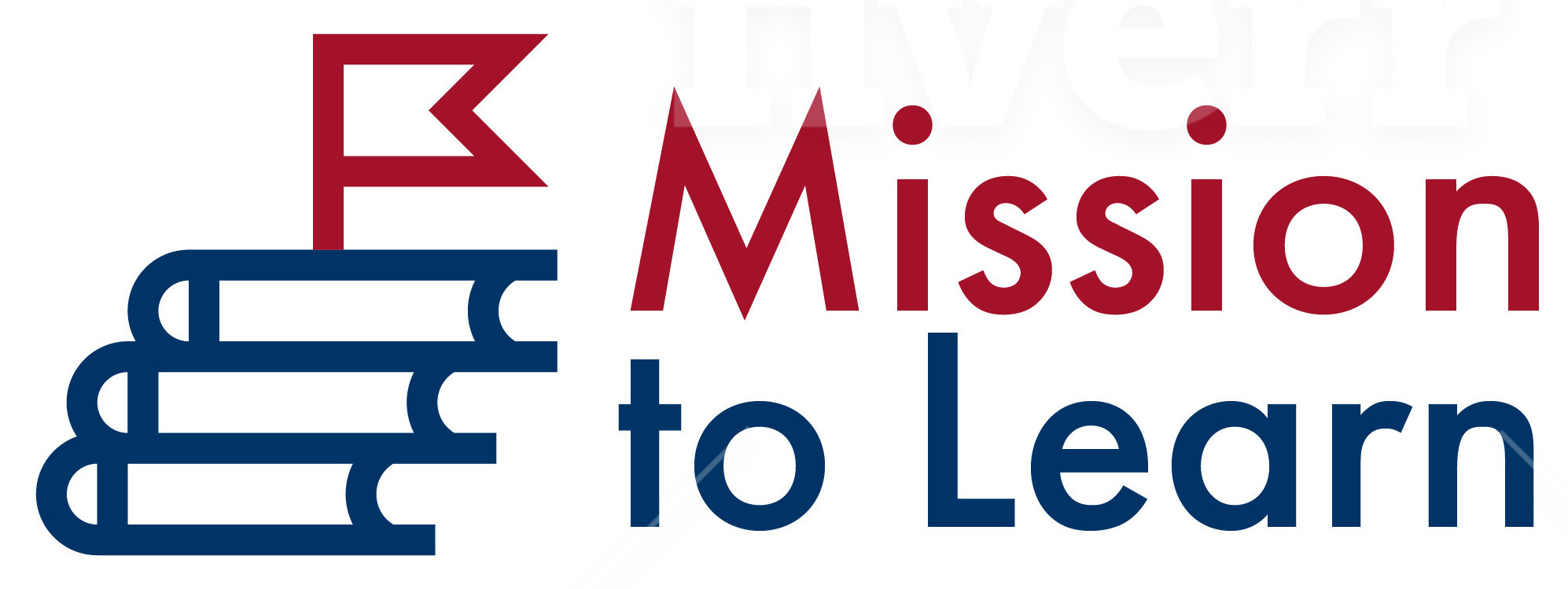Issue 1 – August 10, 2020
I’ve become very irregular about sending out Mission to Learning e-mails. So, in case you are wondering how you ended up on the receiving end of this one, it is because you signed up at some point on the Mission to Learn web site, most likely to receive a free version of 10 Ways to Be a Better Learner.
If you have decided you don’t want to hear from me, just scroll down and use the unsubscribe link at the end of this e-mail.
If you want to stick around, I’m thinking I’m going to move toward more of a “curated” newsletter approach going forward, so here is an initial pass at doing that just to see how well it goes over – five links to lift your learning:
1. Getting Wiser
I’m increasingly interested in the topic of wisdom, as I feel wisdom should be the ultimate goal of learning. So, I was glad to find this post from Clark Quinn on Learnlets that highlights some key points in recent newsletters from the Center for Practical Wisdom. The post summarizes some characteristics of wise people. These people:
- do not hyper-focus on the negative and all that is wrong
- are pragmatic and work constructively for positive change
- are measured
- are open and receptive
- are kind
Quinn also laments the western tendency to focus on happiness as opposed to the perhaps wiser alternative pursued by most other cultures. “That alternative is to aim to be ‘content’. In other words, instead of the ‘more’ strategy (acquiring more = happiness), the alternative is the ‘enough’ strategy. What’s enough to be content?”
How do you gauge your own wisdom and the wisdom of those around you? And, do you seek to be happy or content?
2: You’re probably more susceptible to misinformation than you think
This post from The Conversation from earlier this year probably caught my eye because we are heading into the height of election season here in the U.S. The focus is mostly on political misinformation, but let’s face, there is plenty of misinformation to be had in all areas of life. And, from my perspective, misinformation leads to mis-learning.
If you have ever read Daniel Kahneman’s Thinking, Fast and Slow (recommended), you know there is no easy solution. It doesn’t have anything to do with intelligence. And, in the realm of politics, the left is just as susceptible to it as the right, and vice-versa.
As the author of this article puts it, “As much as we like to think we’re good at spotting fake news and being skeptical of what we’re told, we’re ultimately susceptible to whatever information makes it easiest to make a decision that seems right, even if in the long term it may be wrong.”
Food for thought and reflection.
3: How to coach your brain to increase your attention span
If you can’t pay attention, the chances that you will learn drop dramatically. And, if you are anything like me, you may find it difficult more often than you would like to maintain your focus on doing just one thing.
Some of the reasons for that, the author of this Fast Company article argues, are internal. There is the chronic lack of sleep that plagues too many cultures – and caffeine is not the way to fix this. Another key internal factor is the boredom or frustration we may experience when facing a task we have little desire to do. For this, the author suggests working in five minute intervals with breaks in between. “Even if you are still frustrated or bored after five minutes and you take a break, you have trained your brain that your first response to those feelings is to keep working.”
Then there are the external factors, and the main culprits here are – you guessed it – e-mail and cell phones. The author argues that “if you typically check your phone or email a few times an hour, then every 20 minutes or so your brain will interrupt whatever you’re doing to remind you it is time to check again.”
So, shut off your e-mail program and put your phone out of reach whenever you are doing anything important. (After you read this e-mail, of course 😉
4: The Myth of Grit and Determination
I offer this one up as perhaps a sort of hopeful antidote to the last two. The general thinking when we face difficult challenges is that we need to be disciplined and determined. Like, for example, when we want to stop giving in to the biases that make misinformation effective or start consistently putting away our cell phones when we have serious work to do.
David Cain at Raptitude disagrees.
What is likely to work better, he argues, is simply tracking our behavior. Track the data – the hours slept, the number of times we check e-mail. “What you discover is that simply knowing this data changes what you want to do, so that you’re not constantly fighting with yourself. You don’t need to depend on winning endless should/shouldn’t battles in order to change.”
I’m not sure how much science lies behind this approach. (So, hopefully I’m not spreading misinformation 😉 I plan to research it further, but I’ve also followed Raptitude for quite a while and David seems to be someone who does his homework. In any event, it is easy enough to try out on yourself and see what results you get. (And, as you will see in the article, David himself plans to post an experiment log for a challenge he is facing.)
5: Applying the 6 Key Adult Learning Principles to Yourself
I thought I’d tap the Mission to Learn archives for the last one. There is plenty of good thinking out there about what makes lifelong learning experiences effective. Unfortunately, most actual lifelong learners are unaware of them. So, I thought I’d highlight some of the key principles of “andragogy” – the theory of adult learning – in a way that may be useful to actual adult learners. These are, in a nutshell:
- Embrace “Why?”
- Be the captain of your own ship
- Get into the arena
- Connect to who – and where – you are
- Value learning, not information
- Seek meaning, not money
The article, of course, puts flesh on those bones and, I hope, gives you some productive ways to make your own learning efforts more effective.
Wrapping Up
So, that’s it for this first pass at a “curated” newsletter approach to my e-mails. Whether I continue it and with what regularity really depends on you.
So, I’d be truly grateful if you would hit reply and tell me what you think. I’ll refrain from asking any leading questions, just write from the heart and tell me what you do or don’t find valuable about this sort of approach.
And, if you have questions or I can be of help in any way, just let me know.
Best regards,
Jeff






